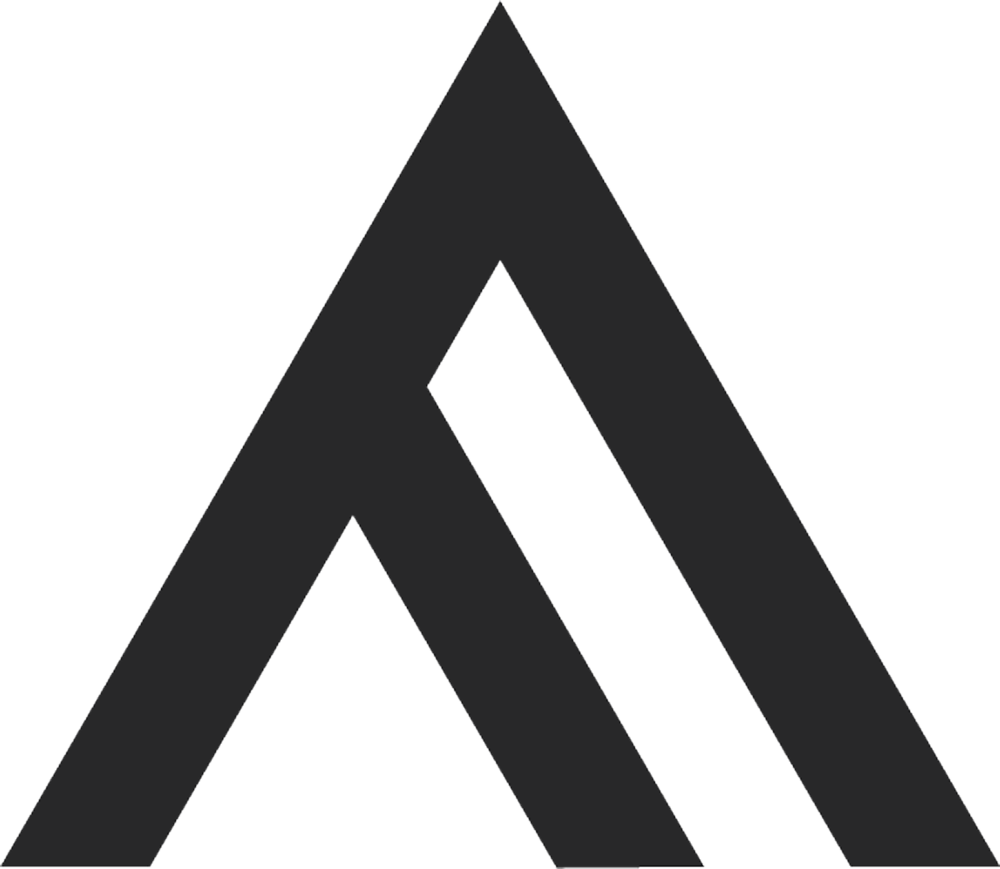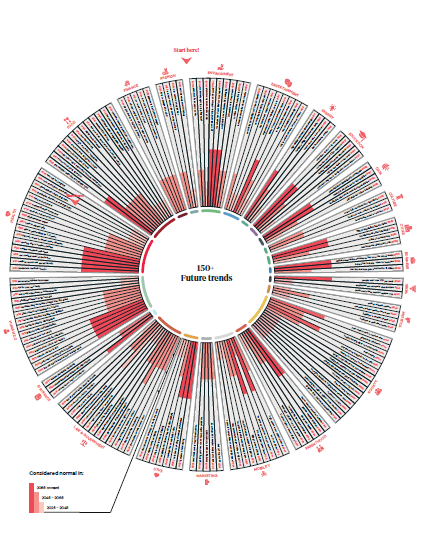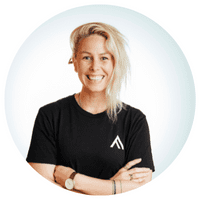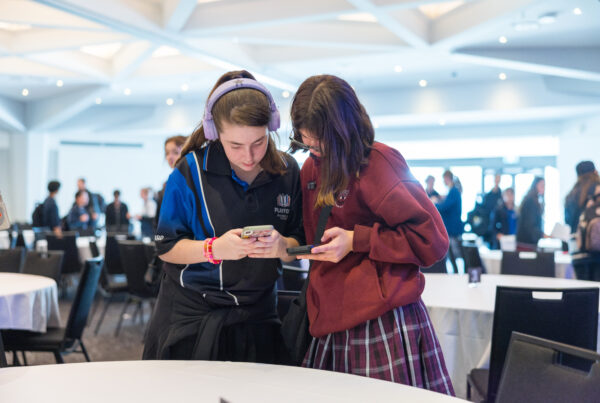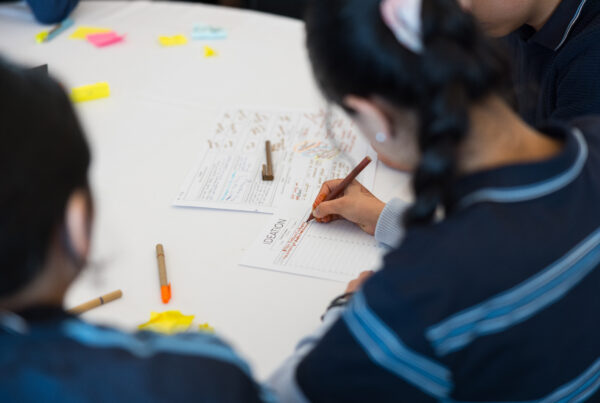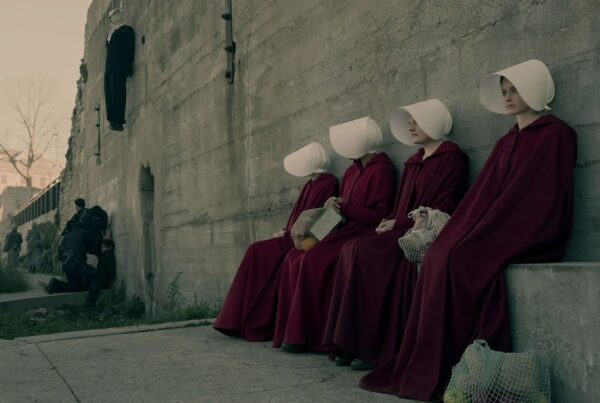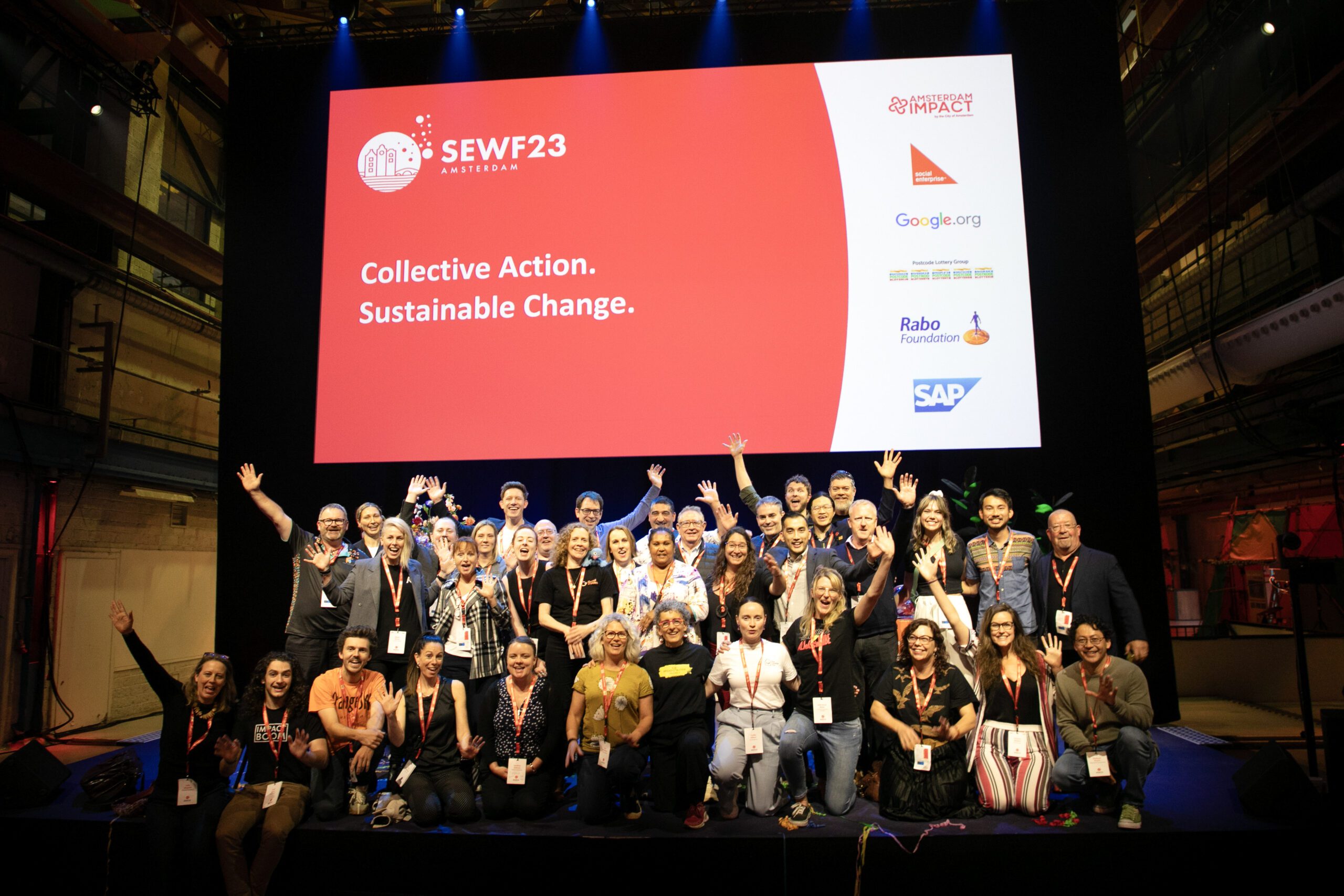
A whirlwind of inspiration, discussion & collaboration
by Nicole Dyson, Founder & CEO, Future Anything
Nicole Dyson has been enjoying a whirlwind two weeks in the northern hemisphere. While the dust has not yet settled on her trip, here she’s shared some of the insights she’s garnered thus far.
Week One: Social Enterprise World Forum
The first week of my trip was a long-awaited visit to the the Social Enterprise World Forum (SEWF).
SEWF’s goal is to grow the global social enterprise movement in order to accelerate the transition to a new economy.
Since the first Social Enterprise World Forum in Edinburgh, Scotland in 2008, these annual events have brought together thousands of people from around the world to build community, capacity and capability within the social enterprise sector. In fact, this year’s event in Amsterdam brought together 1200+ people from over 100 countries – plus another 2000+ tuning in to the livestream.
With 100+ speakers across 50 events, the program centred around five key themes:
- Ecosystems: Increasing opportunities for trade, collaboration and collective action
- Fairness: Ensuring equality and inclusion for all
- Migration: Entrepreneurial solutions for better lives
- New Economy: Putting people and planet first
- Planet: Living and trading within planetary boundaries
As much as I loved drawing insights from the sessions I attended (more on this below), it was a real joy to contribute to the event by taking the stage for a panel session entitled “The role of education in creating a fairer society and more sustainable planet.”
Moderated by Maarten Hogenstijn from Hogeschool van Amsterdam / Amsterdam University of Applied Sciences (Netherlands), I was joined on the panel by Maaike Irizarri van Suchtelen, Fawaka (Netherlands), Ying-Che Hsieh, National Tsing Hua University (Taiwan) and Inga Jablonskė, WoW University (Lithuania).
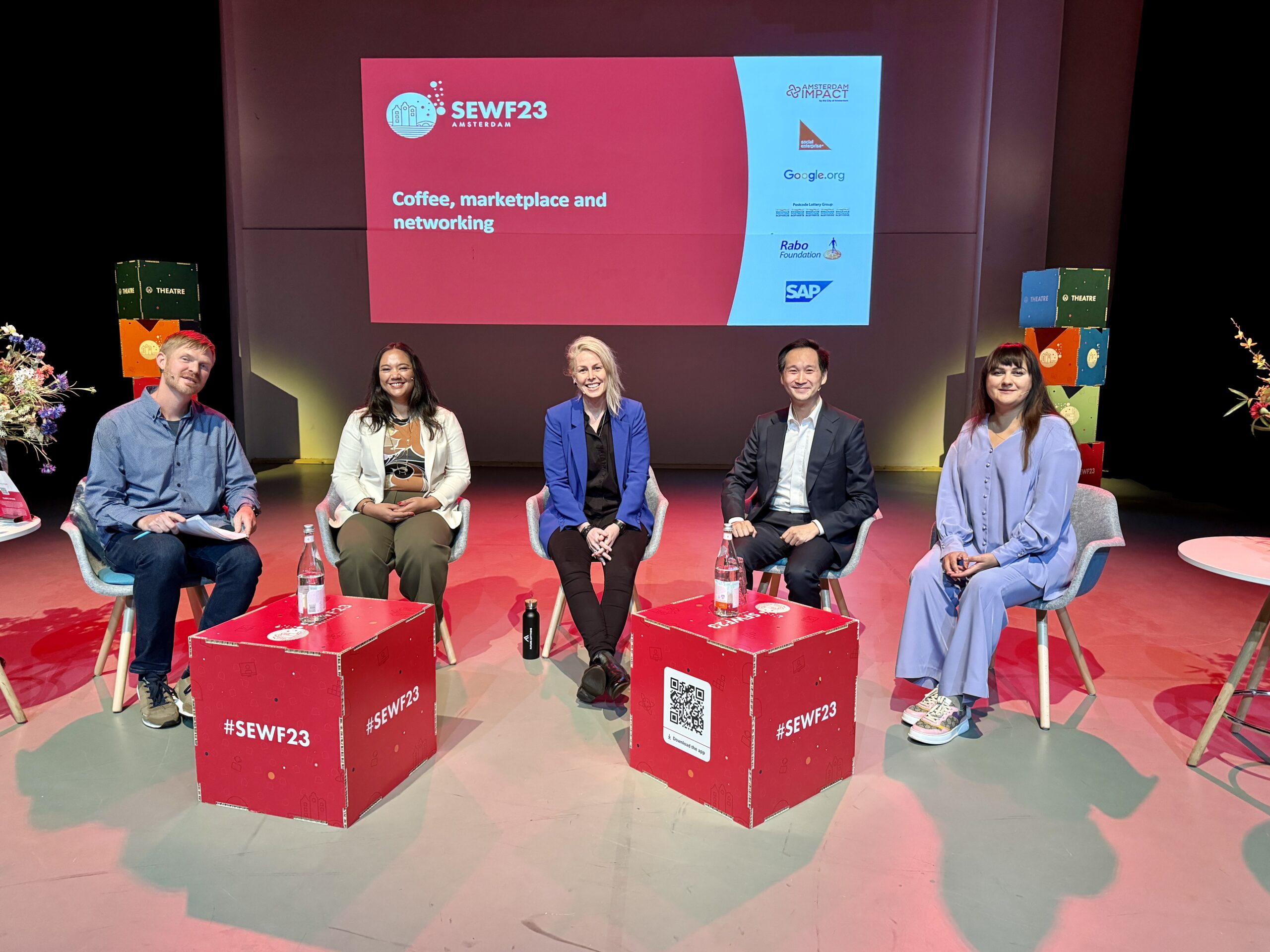
There were four key takeaways from the discussion for me.
Moving beyond the ‘heropreneur’
Firstly, context is everything. As social enterprise within education grows, so does the rise of the ‘heropreneur.’ I shared how the first two steps in Future Anything’s Entrepreneur’s Odyssey reflect our belief that the best entrepreneurs solve problems that connect to their lived experiences and their personal interests. In this way, the best entrepreneurial learning should connect young people’s story to the impact they might like to create in their world.
The importance of the entrepreneurial journey
Secondly, whilst it would be great if every young person passionately pursued their enterprise concept beyond the educational program that spawned them, the skills learned through young peoples’ entrepreneurial journeys will be relevant regardless of the future pathway. In this way, the process is more important than the product (be it a product, a prototype, pitch) that students produce at the end.
Collaboration over competition
It’s said it takes a village to raise a child, and in many ways, it takes a village to build entrepreneurial programming that unlocks impact-making for young people. A good curriculum is just one part of this. The potential of a good curriculum is often not realised until it’s connected to the authentic voices, places, and spaces within a community.
Get out of the way!
Finally (and perhaps most importantly) adults need to get out of the way.
Professor Sugata Mitra famously said that young people are capable of almost anything if given the internet, given permission to collaborate, and if given… the absence of the teacher. The absence of the teacher, in the presence of the internet, can itself become a pedagogical tool.
One of the biggest gifts we can give our young people is tranforming our comments into curious questions instead.
My other SWEF 2023 highlights
This (very fun) session aside, some of my other highlights of SEWF2023 were:
- You’ve likely heard of the Sustainable Development Goals, but have you heard of the Inner Development Goals? This was an interesting framework to explore- particularly in thinking about how we build these capabilities in the classroom.
- I’ve always seen social enterprise as having the head of a business and the heart of a charity. But the definition varies around the globe. SEWF are pushing the case for global certification for social enterprises – an interesting concept.
- I got a rapid upskill in using AI to increase productivity 10x. An interesting notion for me was that AI won’t replace us, but that people who use AI will. AI was likened to having a team of interns. In this way, the quality of the output is entirely dependent on the support (and prompting) you provide. One of the greatest distinctions for me was that the talent of AI is that it recognises patterns – so its greatest uses are for data analysis, content creation, and image creation where you provide detailed context for it to analyse and create from.
- I absolutely loved the session entitled “Building an inclusive movement for change, addressing barriers to access’ – particularly hearing from Atif Choudhury, Diversity and Ability (UK) and Chmba Chilemba, Tiwale / We Are Family Foundation (Malawi). Atif said that telling our stories removes shame – and I’ve been reflecting on that statement ever since. When we can provide a safe space for people to tell their stories, we create the space for them to transform these stories into experiences.
It was also pretty special to share the event with a 60+ strong delegation from Australia – you might spot some familiar faces in here! I also had the opportunity to attend a networking reception with members of a visiting Aotearoa New Zealand and Australia First Nations trade delegation at the Australian Ambassador’s Residence in The Hague.

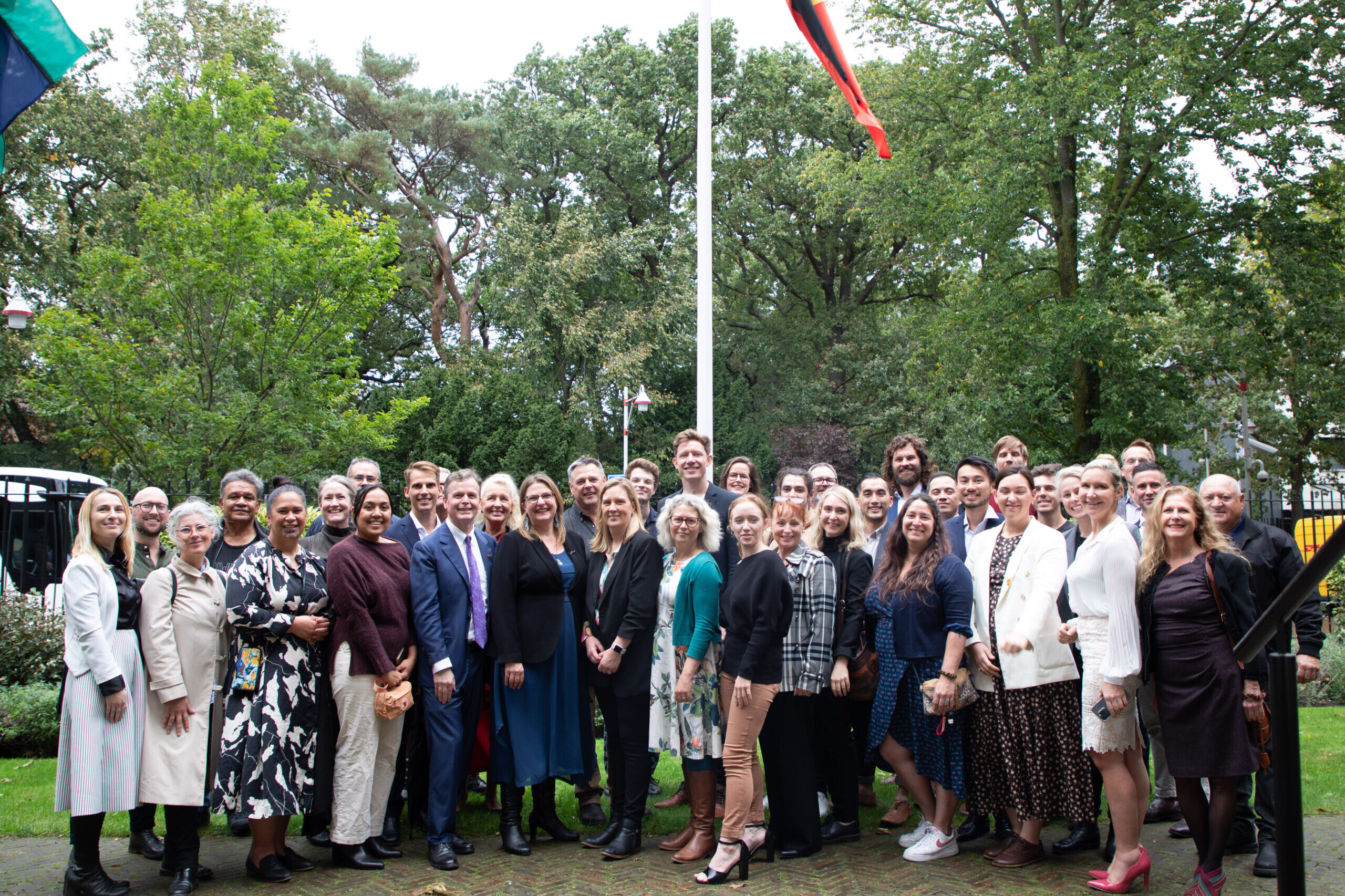
Week Two: On to IDEEC
From here, it was straight into a week of workshops as part of our Impact-Driven Entrepreneurship Education for Children (IDEEC) project.
Working alongside Fawaka Ondernemersschool (Netherlands), Amsterdam Impact (Netherlands), Junta de Extremadura (Spain), Centro Internacional Santander Emprendimiento (CISE) (Spain), Invento Innovation Lab (Italy), Fondazione E35 (Italy) and the Social Enterprise Academy (UK), I’m honoured that Future Anything (Australia) is the only provider in the southern hemisphere invited to contribute to this global initiative.
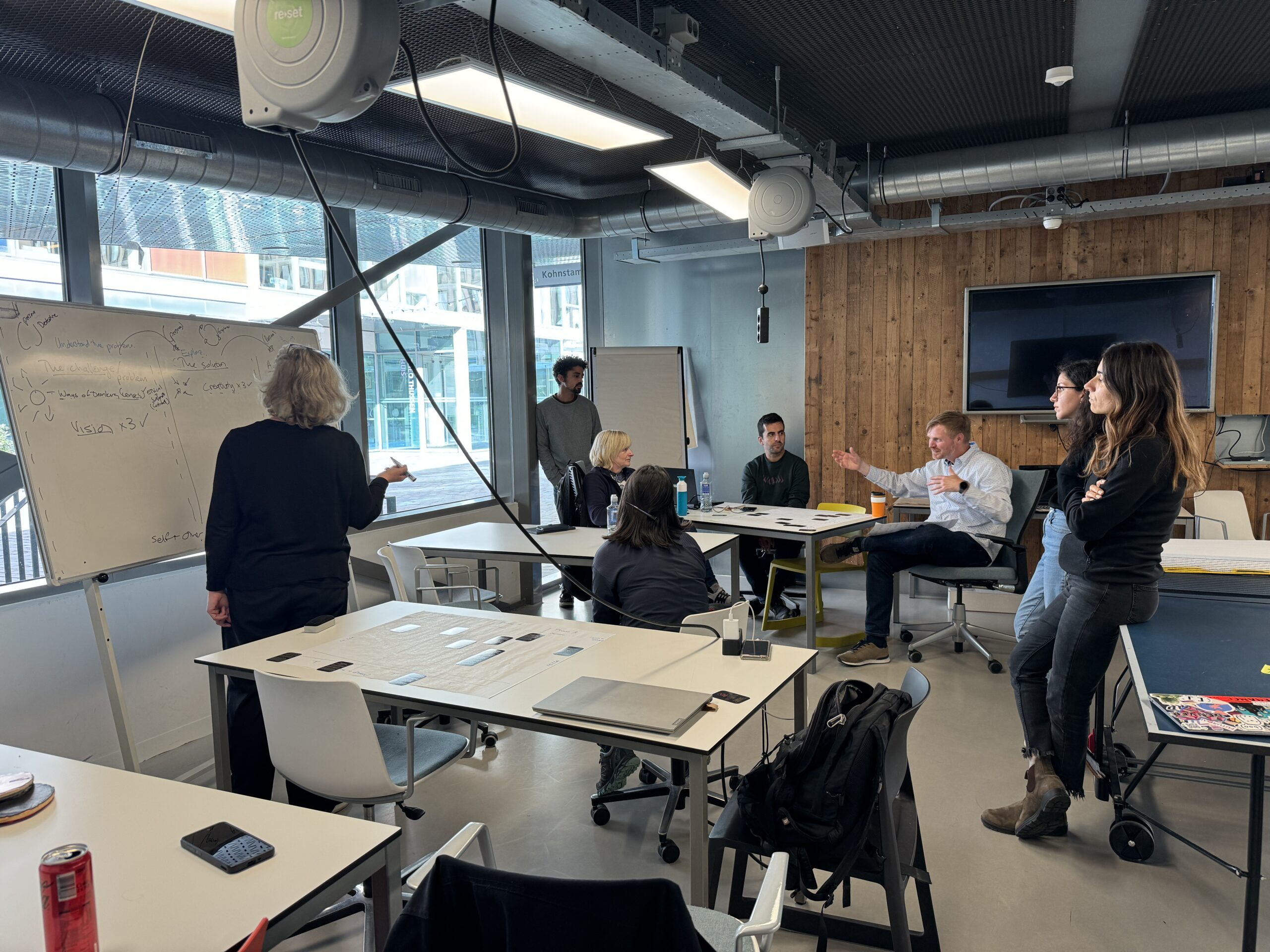
Our goal? To form an international research consortium to design and develop a best practice pedagogical framework for entrepreneurship education, a comprehensive toolkit for educators and facilitators, and best practice impact measurement tools for entrepreneurship education. Read my first blog on the project here.
Over the past year, our collaboration has been focused on collecting global best practices to inform the development of a competency framework and the didactic principles that will guide the development of a ‘toolkit’ for educators. A key focus has been to bridge the gap between the Entrecomp and Greencomp frameworks, as well as taking into consideration the ‘soft skills’ referenced throughout entrepreneurial programming globally.
Needless to say, it’s a complex game of Tetris.
This week, with the team on the ground in Amsterdam, we’ve been drawing the threads of these insights together to finalise the key competencies that our toolkit will focus on. With dozens (including our own framework) to choose from, we’ve managed to narrow the field to nine competencies (to be revealed soon), and then we’ve also managed to tie these key competencies into three process phases that the tool kit will be organised around:
- Framing the problem
- Exploring solutions
- Making impact
From here, we’ll be refining these frameworks and toolkits internally before we test the tools with teachers early in 2024. I can’t wait to share this with you all.
Inspiration is all around
In the meantime, with some time in an entirely new space, it’s no surprise that inspiration hasn’t been far away. A few (of the many!) takeaways from this part of my trip have been:
- My Hidden Impact is based on a book by Dutch author Babette Porcelijn. The website allows you to map your impact and see how many planets we would need if everyone consumed at the same rate as you, and then allows you to calibrate your impact based on changing habits. Don’t forget to translate the website to English.
- ArtIST (Art, Entrepreneurship, Innovation, and Science) is an ERASMUS+ project that aims to design and implement innovative Master-level modules integrating Arts in the education of innovation, entrepreneurship, and science. Check out the toolkits here.
- Whilst in one of the staff rooms at the Amsterdam University of Applied Sciences (AUAS), I saw a Future Trends poster [left; click the image to download the full-size version] which blew my mind. Then, when I checked out the website, I found a bucket of incredible tools (check out the AI Toolbox here, too).
- My colleagues at Fawaka have this incredible framework for Global Citizenship. It’s currently in Dutch, but stay tuned for an English version.
- Finally, whilst at another of the AUAS Campuses, I spotted these Mindfulnests – just the job after such a whirlwind couple of weeks!
Collaboration, collaboration, collaboration.
I’m so very proud of the work we’ve led over the past five years at Future Anything, and, this trip has reminded me how critical collaboration is.
It is true that if you want to go fast, go alone… But, if you want to go further, go together.
This week has reminded me that genuine collaboration or co-design is not always comfortable. In fact, perhaps uncomfortableness is the hallmark of authenticity within a collaborative process. When collaborators meet with a) a unified vision and mission and b) a culture of respect, progress is actually found in the wrestle between opposing views.
It is this friction that moves the work beyond what is easy to what is great.
I feel really grateful for the opportunity to learn with and from my international colleagues. Whilst we are all united in our vision for unleashing the entrepreneurial capabilities of young people everywhere, we all lead such different organisations; bringing with us such diverse perspectives on the work and the world.
I believe it might just be our differences, not our similarities, that are the most powerful ingredients for making transformational change.
I’m leaving Amsterdam with a real sense that we’re part of building something really special and I’m really looking forward to sharing the collective genius that has been catalysed; enabling us to empower more young people than ever to bend the future; one idea at a time.
About the author: Nicole Dyson
As a teacher in the USA, UK and Australia as well as a Head of Department and Head of Year at some of Queensland’s top-performing public schools, Nicole has repeatedly led the design and implementation of whole-school changes to support future ready learning; building enterprising classrooms that place young people at the forefront of co-designing contextually relevant learning experiences.
Nicole is an engaging and skilled facilitator, panellist and speaker who is a passionate advocate for equity, the future of education, and empowering young people to bend the future; one youth-led idea at a time.
Connect with Nic on LinkedIn here or Twitter here.
Future Anything’s Activate in-curriculum program and student workshops build confident communicators of all ages, by empowering young people to develop, and then persuasively pitch, innovative social enterprise solutions to the problems they care about.
Find out more about our programs here.
